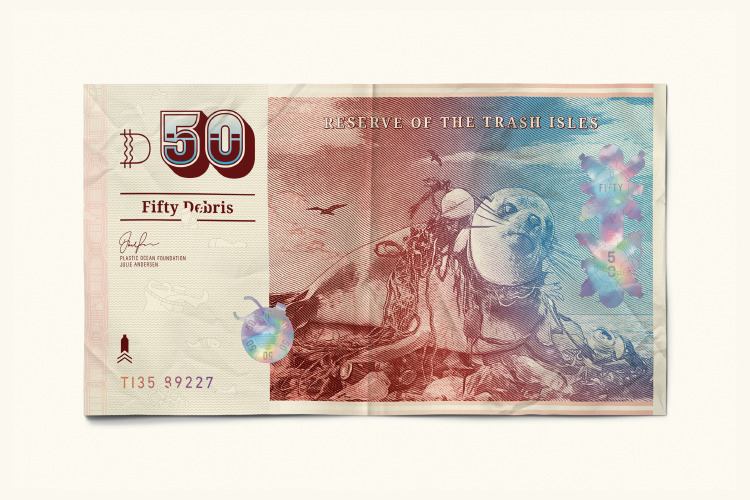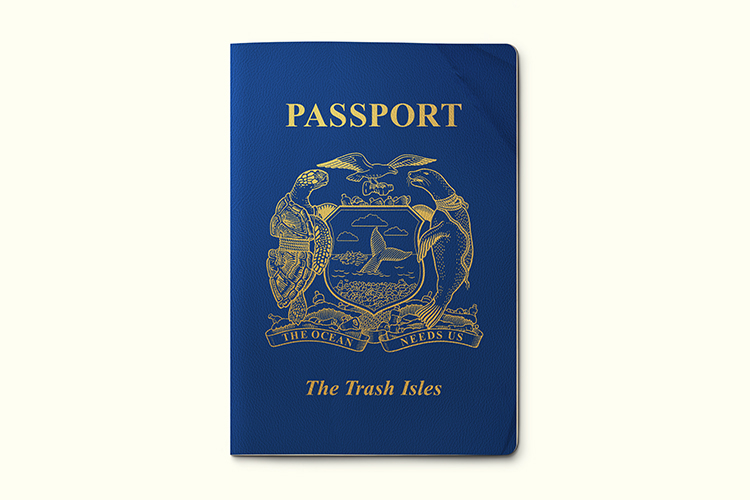This Floating Island Of Trash Is The Size Of France, And Al Gore Is Its First Citizen
Humanity's impact on the planet is not only causing the slow disappearance of entire countries due to climate change — it also seems to be creating new ones out of trash. A literal patch of garbage floating in the central North Pacific Ocean, known as the "Great Pacific garbage patch," has grown to the size of France, and some people are advocating for its nationhood.
Dubbed "the Trash Isles," the archipelago is the subject of a campaign by the environmental nonprofit Plastic Oceans Foundation and entertainment publication LADbible to raise awareness of its existence and the perils of our ecological carelessness. Former vice president and environmental activist Al Gore is at the forefront of the movement, and has signed up as the first citizen of the Trash Isles. Unlike other nationalist movements, however, Al Gore and the other 100,000 signatories of a petition for citizenship want to see the destruction of this adopted "country."
Discovered between 1985 and 1988, the Great Pacific Garbage Patch, also known as the Pacific trash vortex, is made up of high concentrations of chemical sludge, pelagic plastics, and other debris trapped by the North Pacific Gyre (a large system of oceanic currents). It has a density of four particles per cubic meter — high enough that detection by satellite photography is possible. And though the garbage is mostly made up of relatively small particles, some boaters and divers in the area have noticed it on the ocean's surface.
The danger of these plastics is that many of them end up getting eaten by marine animals, many of which are some of the world's oldest animals. Midway Atoll, in particular, gets a lot of this debris, and nearly all of the 1.5 million Laysan albatrosses that live there are likely to have eaten plastic, with approximately a third of their chicks dying. The debris from the Great Pacific garbage patch can also cause hormone disruptions in animals who consume it. The threat is also present for humans, who eat many fish which have, in turn, eaten jellyfish that have consumed the plastic debris. According to the United Nations Ocean Conference, it is estimated that by the year 2050, the oceans may contain more weight in plastic than fish.
Mario Kerkstra, a London-based designer, has helped the movement to create a passport (specifically made for Al Gore), flag, stamps, and even currency called "debris" — just as was done for the pile-of-sticks nation, Ladonia. All of this may seem a bit weird, but what country isn't? Here are just 19 of the weird rules other already-recognized countries have.


